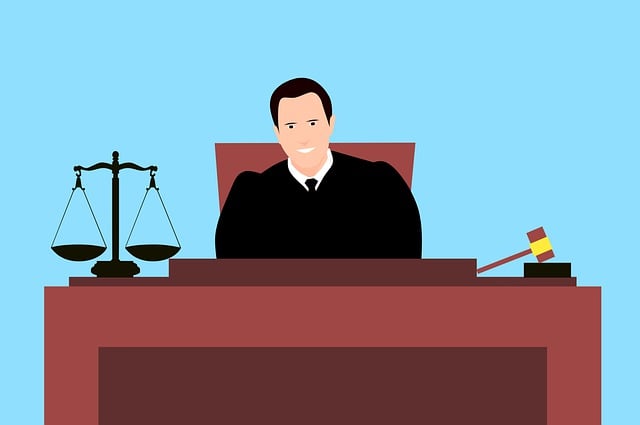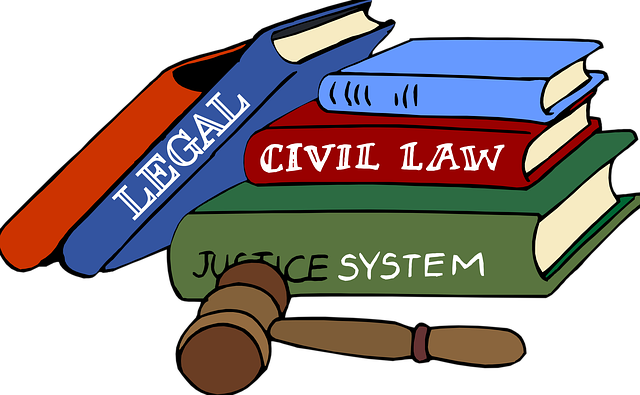Healthcare law firms are vital navigators of complex legal terrain in the healthcare industry, specializing in regulatory compliance and medical malpractice defense. They excel in criminal cases, particularly understanding the Understanding Burden of Proof in Criminal Cases. Their expertise safeguards clients from indictment, ensuring fair treatment through robust defenses based on thorough evidence analysis and legal loopholes exploitation. In white-collar crimes, strategic planning leverages knowledge of regulations and precedents to protect interests during investigations and mitigate consequences.
In the intricate landscape of healthcare, legal expertise is paramount. Healthcare law firms play a pivotal role in navigating complex regulations and ensuring ethical practices. This article delves into the multifaceted world of these firms, exploring their defining roles and responsibilities. We dissect the legal framework surrounding criminal cases in healthcare, with a particular emphasis on the crucial concept of Understanding Burden of Proof in Criminal Cases. By examining challenges and implementing successful strategies, we offer insights into defense tactics within this specialized domain.
- Defining Healthcare Law Firms: Roles and Responsibilities
- Legal Framework: Understanding Criminal Cases in Healthcare
- Burden of Proof: Principles and Application in Healthcare
- Challenges: Navigating Complexities in Criminal Investigations
- Strategies for Success: Effective Defense in Healthcare Law
Defining Healthcare Law Firms: Roles and Responsibilities
Healthcare Law Firms play a pivotal role in navigating complex legal landscapes within the healthcare industry. These specialized firms offer expertise in various areas, from regulatory compliance to medical malpractice defense. Their primary responsibility is to ensure that healthcare providers, institutions, and patients are protected under an intricate web of federal and state laws.
One crucial aspect where these law firms make a significant impact is in criminal cases. Understanding the burden of proof is essential here. Healthcare lawyers defend their clients against accusations, aiming for complete dismissal of all charges or, at the very least, mitigating the consequences during all stages of the investigative and enforcement process. By skillfully navigating legal procedures, they help avoid indictment and protect the rights of those within the healthcare sector.
Legal Framework: Understanding Criminal Cases in Healthcare
Healthcare law firms must possess a deep understanding of the legal framework governing criminal cases within the industry. Navigating these complex proceedings requires expertise in interpreting regulations and laws that specifically address healthcare practices. One critical aspect that forms the cornerstone of such defenses is the understanding burden of proof in criminal cases. This principle dictates the standard of evidence required to establish guilt beyond a reasonable doubt, which is significantly higher than the preponderance of evidence used in civil matters.
By leveraging this knowledge, healthcare law firms can craft compelling arguments for their respective business clients, aiming for winning challenging defense verdicts. They must be adept at examining evidence, questioning witnesses, and presenting alternative explanations to avoid indictment or, at the very least, mitigate potential penalties. This strategic approach not only helps in defending against criminal charges but also ensures that healthcare providers are treated fairly within the legal system.
Burden of Proof: Principles and Application in Healthcare
In healthcare law, the burden of proof plays a pivotal role in ensuring justice and fairness during legal proceedings. This principle dictates that a party must present sufficient evidence to support their claims or defenses, placing a significant responsibility on both prosecutors and defendants alike. When it comes to criminal cases, understanding the burden of proof is essential for navigating all stages of the investigative and enforcement process.
In healthcare-related matters, especially those involving white collar and economic crimes, the burden of proof requires a high level of rigor. Lawyers specializing in white collar defense must adeptly handle this aspect, as it can significantly impact the outcome of their cases. The principle applies not only to criminal charges but also informs civil litigation, where parties must substantiate their allegations to prevail. This ensures that accusations are backed by concrete evidence, fostering a more robust legal system.
Challenges: Navigating Complexities in Criminal Investigations
Healthcare Law Firms often find themselves navigating complex waters when it comes to criminal investigations, which present unique challenges. In particular, understanding the burden of proof in criminal cases is paramount. The bar for prosecution is high, requiring substantial evidence and a clear connection between the accused and any wrongdoing. This can be particularly tricky in healthcare settings where documentation is intricate and regulations are stringent.
A general criminal defense strategy must account for these complexities. Across the country, successful healthcare law firms have demonstrated their ability to achieve extraordinary results by thoroughly examining evidence, challenging procedural errors, and leveraging legal loopholes. By doing so, they protect their clients’ interests and ensure fairness in a system that demands precision and adherence to legal standards.
Strategies for Success: Effective Defense in Healthcare Law
In the complex landscape of healthcare law, success often hinges on meticulous strategic planning and a deep understanding of legal nuances. For healthcare law firms, navigating criminal cases demands a robust defense strategy that recognizes the unique challenges within this domain. One key aspect is comprehending the burden of proof in criminal proceedings. This involves appreciating the level of certainty required to establish guilt, which can significantly impact the outcome of a case. By grasping when and how evidence is evaluated, legal teams can construct powerful defenses.
A strategic approach may include focusing on avoiding indictment, especially in white-collar defense cases that often arise from regulatory violations or billing errors. Effective representation involves guiding clients through all stages of the investigative and enforcement process, ensuring their rights are protected throughout. This proactive mindset, combined with a thorough understanding of healthcare regulations and legal precedents, empowers law firms to deliver robust defenses tailored to this specialized field.
Healthcare law firms play a vital role in navigating complex legal landscapes, especially in criminal cases. By understanding the defining roles and responsibilities, comprehending the legal framework, and mastering principles of burden of proof, these firms can effectively strategize defenses. Given the unique challenges within healthcare investigations, successful navigation requires staying abreast of evolving regulations and employing innovative strategies. Ultimately, leveraging expertise in these areas enables healthcare law firms to provide robust representation, ensuring justice and upholding ethical standards in medical practices.






